Carolyn Beans: Does planting trees actually cool the planet?
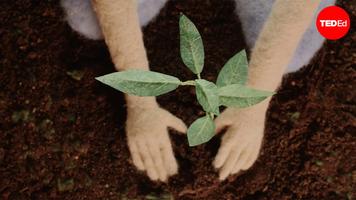
In fighting climate change, few solutions are discussed more than planting lots and lots of trees. It sounds simple enough: trees absorb CO2 from the atmosphere, so planting more should help eliminate greenhouse gasses. The trouble is, tree planting efforts don’t always work as planned. So, when is it bad to plant trees? Carolyn Beans explores s...
Carolyn Beans: Why is rice so popular?
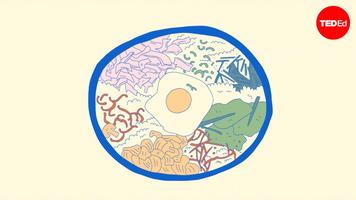
Rice contributes over 20% of the calories consumed by humans each year. Korean bibimbap, Nigerian jollof, Indian biryani, Spanish paella, and countless other culinary masterpieces all begin with rice. So how did this humble grain end up in so many cuisines? Carolyn Beans investigates the global expansion of this beloved crop and the unintended c...
Carolyn Beans: Food expiration dates don't mean what you think
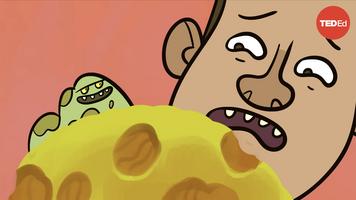
Countries around the world waste huge amounts of food every year: roughly a fifth of food items in the US are tossed because consumers aren't sure how to interpret expiration labels. But most groceries are still perfectly safe to eat past their expiration dates. If the dates on our food don't tell us that something's gone bad, what do they tell ...
Carolyn Beans: Are there really dead wasps in figs?
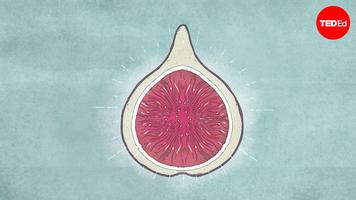
In 2023, a US grocer recalled over 10,000 cases of broccoli-cheddar soup over concerns they contained too much of an unintended ingredient. That ingredient? Bugs. We know insects regularly come into contact with our food— but how many are you actually eating? And is it okay? Carolyn Beans takes a look at figs and their conspicuously close bond w...
Carolyn Beans: How do heat waves affect your body?
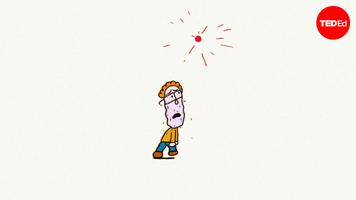
In many parts of the world heat waves are happening more often with greater intensity and for longer durations. By 2050, Earth’s mid-latitudes could be experiencing extreme heat between 90 and 180 days a year, with tropical regions enduring even more. So how hot is too hot, and what can people do to handle the heat? Carolyn Beans digs into how h...
Carolyn Beans: What would happen if everyone stopped eating meat tomorrow?
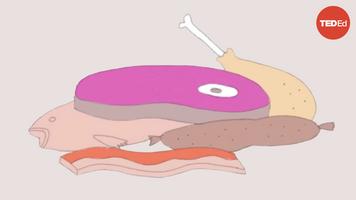
Imagine if a wizard of meatless dining suddenly appeared on Earth and with one wave of a wand wiped away all meat from our shelves— along with any desire to eat it. Farm animals destined for food vanish, whisked away to another planet. What happens in the following days, years, and even millennia? Carolyn Beans explores what a vegetarian world c...
Carolyn Beans: Is plant-based meat actually better for you?
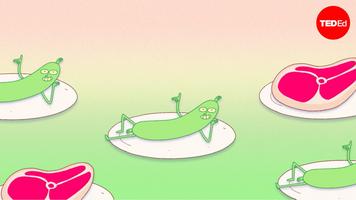
In 2021, a survey of over 1,000 Americans found that nearly two-thirds had eaten plant-based meat alternatives in the past year. Many cited potential health and environmental benefits as their motivation. But are these alternative meats actually better for us and the planet? Carolyn Beans investigates the differences between farmed meat, plant-b...
Carolyn Beans: What are truffles, and why are they so expensive?
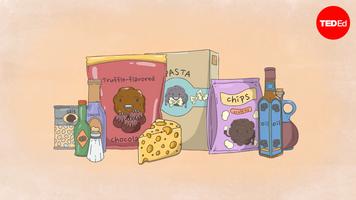
Truffles are one of the world’s most expensive foods— in part because global demand often outstrips supply. And truffles are becoming even more rare and more expensive as deforestation and climate change shrink their suitable terrain. But why are these fungi so rare? And why don’t we just farm more of them? Carolyn Beans digs into the truffle’s ...